Historical Records
The following resources should be useful for those researching the Mortimer family, particularly in Devon. These resources have been created for free access, for the purposes of genealogy and one name studies.
Mortimers in the 16th century Devon Lay Subsidies
The Lay subsidies of 1523-4 and 1543-5, and 1581 are particularly well preserved for the county of Devon. Henry VIII levied the taxes in order to continue with his “war games” against France. The lay subsidy only includes the names of men and some widows, who were liable to pay the tax. Only those above a certain income were included and the tax often excluded those of lower income such as labourers. Some parishes were missing but the survey is relatively complete for central Devon, where the majority of Mortimers lived. Many Mortimers appear in the subsidy, meaning it is one of the oldest and most important sources for studying the history of the family in Devon.
Devon Mortimer Wills Index
All original Devon wills and probate records were lost during World War II when the Exeter Probate registry was destroyed in the Exeter Blitz. The Mortimer Wills Index is an extracted list of all Mortimer wills included in the Devon Wills Project. The vast majority were proved in Exeter or London. The list has been edited to reflect the most useful surviving copy or abstract of a will. All wills with the Group Code WOR were included in Charles Worthy’s 19th century book “Devonshire Wills” which can be read online here: Devonshire Wills: A collection of annotated testamentary abstracts
Extract of all Mortimer entries from “Devonshire Wills”: Mortimer Will extracts
Mortimers in the Devon Protestation Oaths
In January 1642, angered by the recent actions of the King Charles I, Parliament enacted an Oath of allegiance to the “True Protestant Religion” to preserve the supremacy of Protestantism and the privileges of Parliament. This oath was to be signed by all men in the Kingdom over the age of eighteen, in order to guard against potential Catholic insurrections. With rumours swirling and tensions mounting, this was the preamble to a devastating war that would split the Kingdom in two and permanently change the political landscape forever. At the heart of the lists produced, are the lives of thousands of ordinary men pulled into a conflict that was not of their making, many yeomen, tradesmen, labourers, mariners and miners who lived with little impact on the political changes in the country but who were made to reinforce the superiority of the Protestant government. The records in Devon survive well compared to elsewhere in the country, and many Mortimers appear in the records, giving us a snapshot of the distribution of the name in Devon by this point and the number of family members in each location.
Mortimers in the Devon Hearth Tax
The Hearth Taxes were levied in 1662 in an attempt to make up the shortfall in the Royal allowance, the income granted to King Charles II and the Royal household. This novel form of tax was new to England but had been used before abroad. The charge of one shilling for every hearth in a dwelling was to be paid in twice yearly instalments, at Michaelmas and Lady Day. The tax was payable by the occupier but later changed to the landlord. Paupers and those with a household income of less than £1 were exempt from the tax. Generating significant debate, the tax was much despised by the upper classes, whom it hit particularly hard. Many tried to avoid the tax altogether by blocking up the hearths to conceal them from the inspectors, but those who were caught were charged double.
Mortimers in Bristol burial records
The Bristol Mortimers burial index is a small index of Mortimer entries into the burial registers of Anglican churches in Bristol and nearby, 1754-1837. This index does not include entries in non-conformist chapels, which will be included in due course.
Wills and Testament Transcriptions
The following is a list of will transcriptions and abstracts among further resources. Wills and probate records are a vital source of information for genealogists.
Will of John Mortimer of Priorton, 1604/5 – Transcription
External Links
Here is a list of my favourite websites; for research, historical records and genealogy. Favourite Websites
Need help with your online research?
Are you a family history researcher? I can potentially help with busting that brick wall in your research. Get in touch with me here.
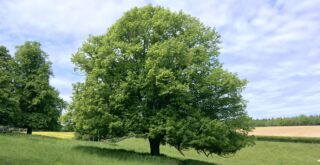
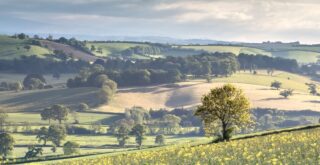
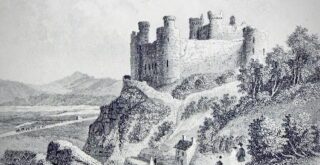
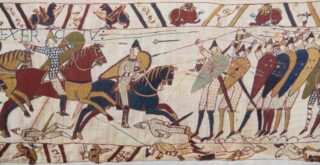
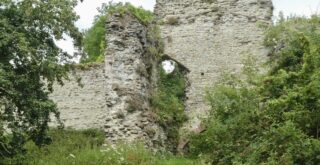
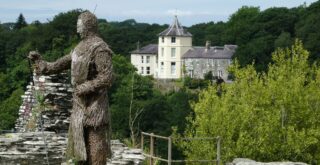
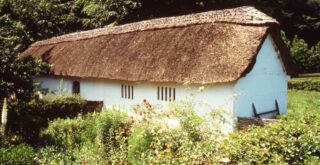
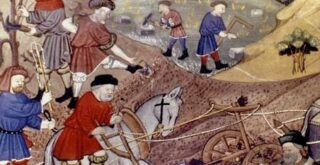
Recent Comments